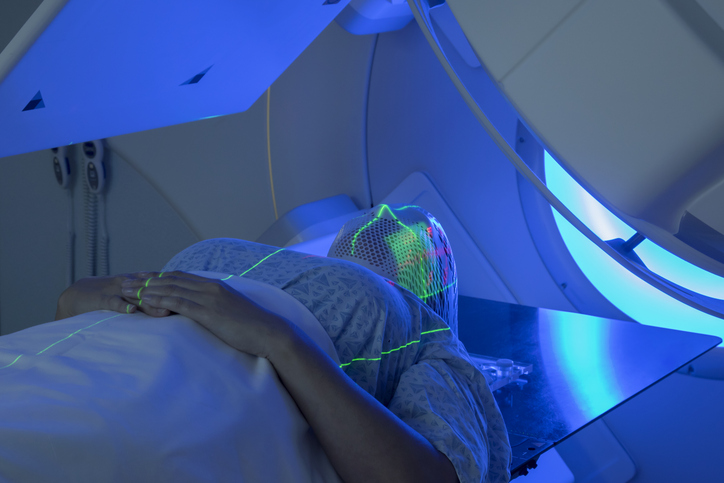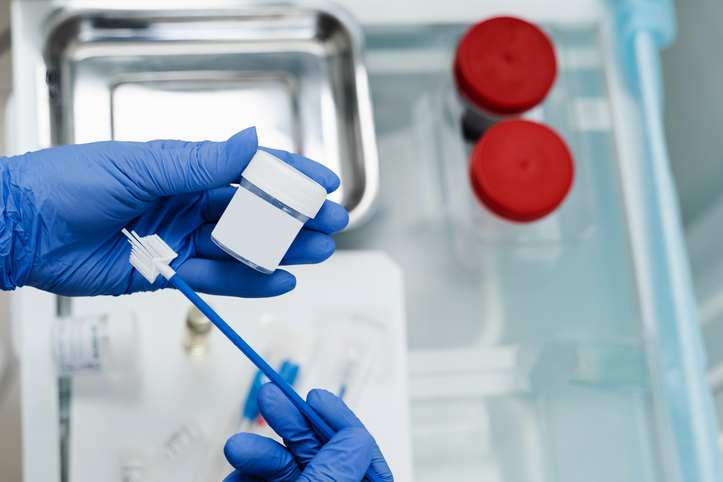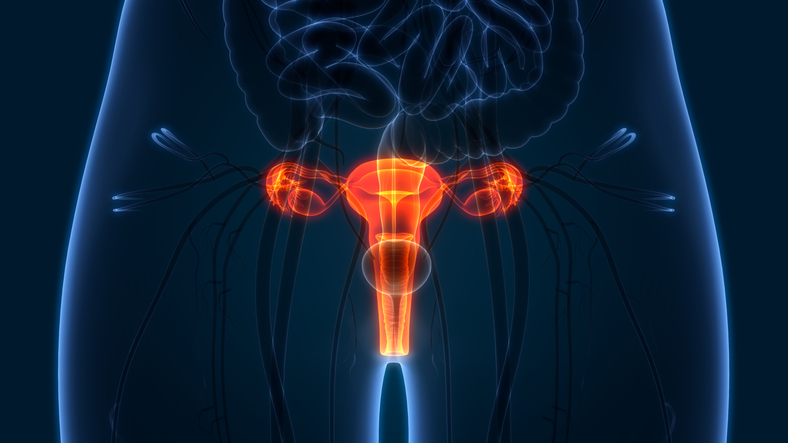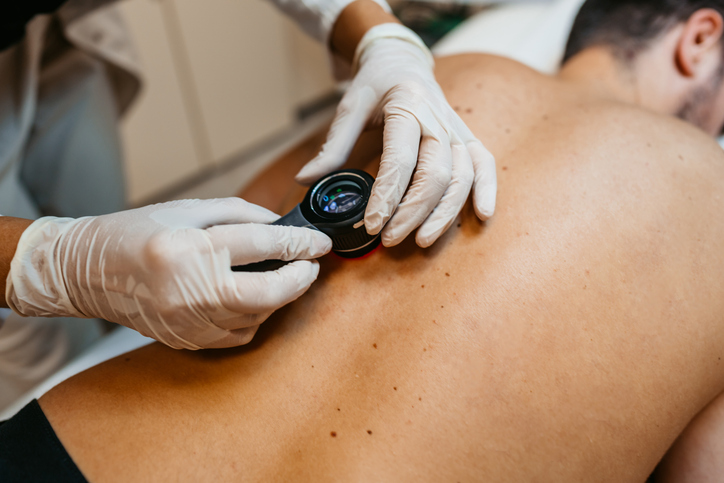
A study presented at the Transplantation & Cellular Therapy Meetings found that non-invasive candidiasis and opportunistic viral infections are common adverse events of chimeric antigen receptor (CAR) T-cell therapy that “require more robust investigation and further evidence-based and consensus driven guidelines.”
This retrospective, single-center study included 38 patients (age range, 30-74 years; 68.4% were male) with relapsed/refractory non-Hodgkin lymphoma who received axicabtagene ciloleucel between January 2018 and October 2019.
Infectious complications were identified and classified as bacterial, viral, and either non-invasive fungal or invasive fungal.
Infections common following CAR T-cell therapy
Following CAR-T treatment, most patients (79%; n=30) had viral (n=8; 21%), bacterial (n=16; 42%), or fungal infections (n=17; 45%). A total of 79% (n=30) experienced an episode of febrile neutropenia, and 22 of the 46 identified infections occurred during an episode of neutropenia.
The most common sites of bacterial infections included blood stream infections (37.5%) and pulmonary (25.0%) sources. The most common viral infections identified were cytomegalovirus (36%), BK virus (18%), and respiratory syncytial virus (18%). The majority of the fungal infections were oral candidiasis (89.5%). Two patients developed an invasive mold infection.
“Overall, we had notable infectious findings including a high incidence of non-invasive candidiasis and occurrences of opportunistic viral infections associated with CAR-T cell therapy and lymphodepletion as compared to the literature,” the authors concluded.







 © 2025 Mashup Media, LLC, a Formedics Property. All Rights Reserved.
© 2025 Mashup Media, LLC, a Formedics Property. All Rights Reserved.